- Details
-
Category: OceanaGold Philippines
-
Published: Sunday, 08 March 2020 17:04
Yellow Pad
Business WorldBusiness World
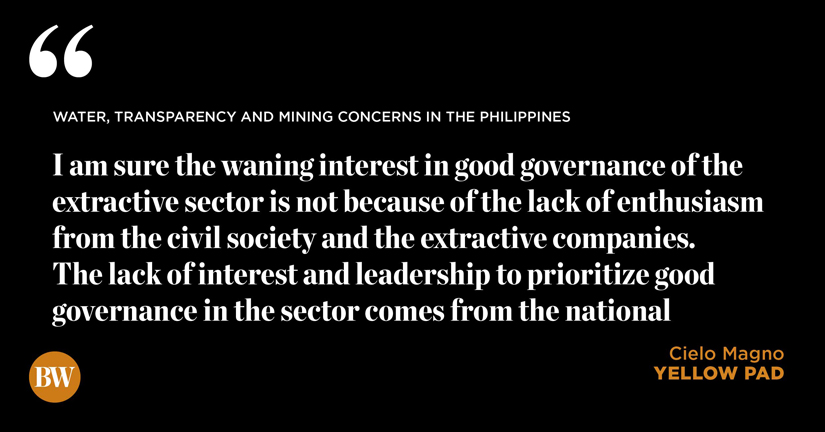 The communities of Didipio, Nueva Visacaya have been up in arms against the operation of Oceana Gold Philippines, Inc. (OGPI). OGPI has been operating a copper-gold mine in Barangay Didipio in Kasibu, Province of Nueva Vizcaya. A Financial or Technical Assistance Agreement (FTAA) was awarded to OGPI in 1994, but the company only started its full operations in 2011. The first commercial production was reported in April 2013. Now, the FTAA has expired and is up for renewal.
The communities of Didipio, Nueva Visacaya have been up in arms against the operation of Oceana Gold Philippines, Inc. (OGPI). OGPI has been operating a copper-gold mine in Barangay Didipio in Kasibu, Province of Nueva Vizcaya. A Financial or Technical Assistance Agreement (FTAA) was awarded to OGPI in 1994, but the company only started its full operations in 2011. The first commercial production was reported in April 2013. Now, the FTAA has expired and is up for renewal.
The negative social and environmental impacts of the mine have been one of the concerns of the local stakeholders. More recently, the communities living near the Didipio mine claimed to have water supply problems including access to potable water, and availability for use in their homes and farms. Media releases from OGPI stated that it has been responsible for water management. The extent of water recycling at the Didipio mines is almost 75% at present, according to Oceana Gold Corp.
Since water is vital in mining, John Morillo, a graduate student of the National Institute of Geological Science of the University of the Philippines, and I decided to do an analysis of the water use of large scale mining in the Philippines. This study was supported by the Natural Resources Governance Institute (NRGI)
The Didipio Mine was one of the large-scale mines we examined. Using publicly available data, we estimated the available surface and groundwater resources of the area and compare these with water consumption at mines to determine if there is over extraction. We also tried to understand the impact of water consumption based on the mining activities and their rate of extraction and timing (i.e. which activities or events possibly correspond to an increase or decrease in consumption) by carrying out statistical analyses to establish correlation. We identified areas affected by water consumption using existing climate and land use data and its short-term and long-term impact to the water use of local communities.
Read more ...
- Details
-
Category: Regional News
-
Published: Monday, 02 March 2020 10:31
John C. Cannon - Mongabay
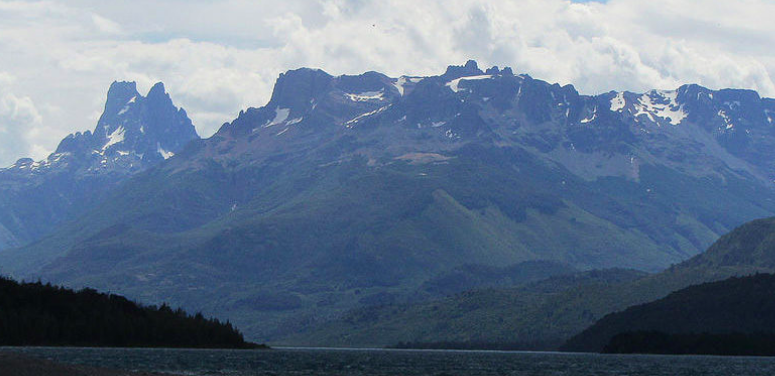 The Environmental Justice Atlas released new maps March 2 alleging that Pan American Silver operates mines that don’t have the consent of local communities and that pollute local water supplies — assertions that the company denies. In Guatemala, the Canadian mining company gained control of a mine where operations had been suspended because the country’s supreme court ruled that a local indigenous community had not consented to the operation. The atlas uses information gathered from local communities to both raise the profile of their struggle and to connect disparate environmental justice groups doing similar work. The mine in Guatemala remains closed, pending a new consultation process.
The Environmental Justice Atlas released new maps March 2 alleging that Pan American Silver operates mines that don’t have the consent of local communities and that pollute local water supplies — assertions that the company denies. In Guatemala, the Canadian mining company gained control of a mine where operations had been suspended because the country’s supreme court ruled that a local indigenous community had not consented to the operation. The atlas uses information gathered from local communities to both raise the profile of their struggle and to connect disparate environmental justice groups doing similar work. The mine in Guatemala remains closed, pending a new consultation process.
Pan American Silver, one of the world’s largest mining companies, operates eight mines in Central and South America that are beset with allegations of environmental disruption and human rights violations, according to information released March 2 by the Environmental Justice Atlas.
Read more ...
- Details
-
Category: Regional News
-
Published: Thursday, 26 December 2019 11:27
ACAFREMIN
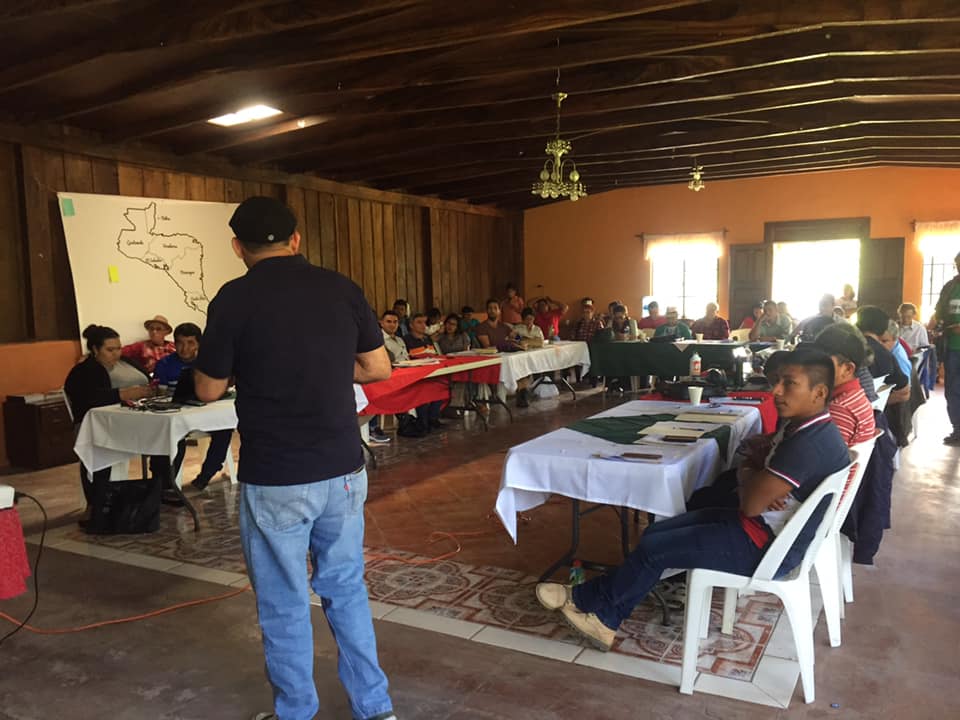 Social and environmental movements in the defense of human rights, groups of environmental women, indigenous peoples among other expressions organized mainly from the Central American region (Guatemala, El Salvador, Honduras, and Nicaragua), participated in the Fifth Regional Meeting of the Central American Alliance Against Mining – ACAFREMIN.
Social and environmental movements in the defense of human rights, groups of environmental women, indigenous peoples among other expressions organized mainly from the Central American region (Guatemala, El Salvador, Honduras, and Nicaragua), participated in the Fifth Regional Meeting of the Central American Alliance Against Mining – ACAFREMIN.
The theme addressed during the meeting has been "Criminalization of environmental defenders of the movements of the Central American region". The meeting was carried out in the municipality of Ataco in the department of Ahuachapán, El Salvador, on the 13th to the 15th of November, 2019.
Read more ...
- Details
-
Category: Regional News
-
Published: Thursday, 26 December 2019 08:59
CRITERIO
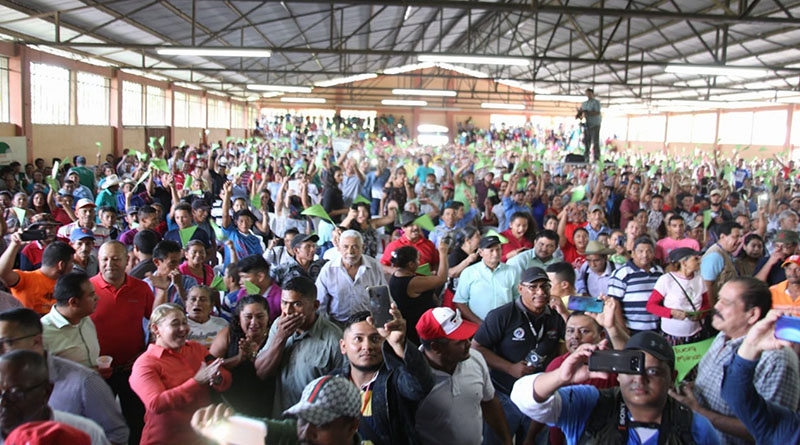 Tegucigalpa - The town hall through which the municipal corporation of Tocoa declared its territory, located in the department of Colon, free of mining activity, caused the residents' frustration because the local authorities excused themselves from making decisions around the conflicting project of the company Inversiones Los Pinares.
Tegucigalpa - The town hall through which the municipal corporation of Tocoa declared its territory, located in the department of Colon, free of mining activity, caused the residents' frustration because the local authorities excused themselves from making decisions around the conflicting project of the company Inversiones Los Pinares.
Far from listening to the community´s demands, the town hall meeting generated disagreements between political leaders and residents who described the declaration as a demagogic act of the part of the Liberty and Refoundation Party (LIBRE). The open council was led by the municipal corporation of Tocoa, headed by the mayor Adam Funez; the coordinator of LIBRE and former president of Honduras, Manuel Zelaya Rosales, and Members of the Legislative Assembly belonging to LIBRE.
Read more ...
- Details
-
Category: Regional News
-
Published: Thursday, 26 December 2019 07:51
Jen Moore
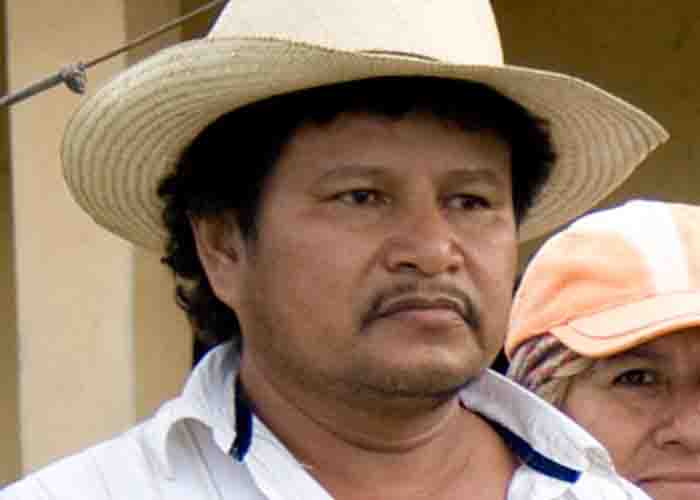 On November 27, 2019, the life and struggle of Mariano Abarca were honored with the presentation of the first award for environmental defense in Chiapas to be presented in his name. His brother, widow and four children with their children were all present for the event in San Cristóbal de las Casas. Thirty-two national and international organizations lent their support to the occasion, including Otros Mundos Chiapas that has accompanied the Abarca family all of these years and the Mexican Network of Mining Affected People (REMA by its initials in Spanish), which Mariano helped found.
On November 27, 2019, the life and struggle of Mariano Abarca were honored with the presentation of the first award for environmental defense in Chiapas to be presented in his name. His brother, widow and four children with their children were all present for the event in San Cristóbal de las Casas. Thirty-two national and international organizations lent their support to the occasion, including Otros Mundos Chiapas that has accompanied the Abarca family all of these years and the Mexican Network of Mining Affected People (REMA by its initials in Spanish), which Mariano helped found.
Read more ...
- Details
-
Category: Mining and Human Rights
-
Published: Thursday, 26 December 2019 03:32
ARPAS
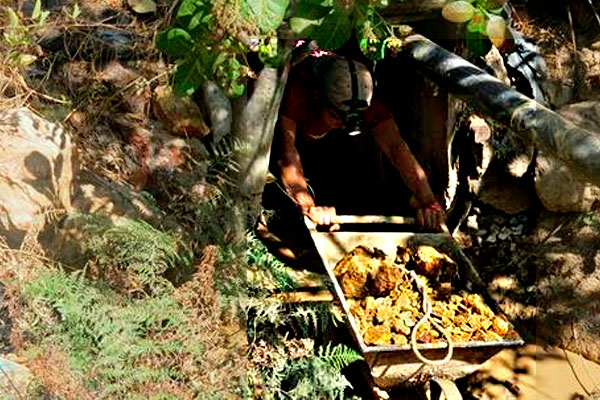 The mining industry does not provide enough income to cover the employment, food, and quality of life needs of the communities in the department of Cabañas. Thus, reflecting on alternatives that guarantee improved living conditions is a necessity, according to the study ¨Economic alternatives to metal mining", by Dr. Vladimir Pacheco.
The mining industry does not provide enough income to cover the employment, food, and quality of life needs of the communities in the department of Cabañas. Thus, reflecting on alternatives that guarantee improved living conditions is a necessity, according to the study ¨Economic alternatives to metal mining", by Dr. Vladimir Pacheco.
Agriculture and livestock ranching represent two of the activities that communities from Cabañas are currently engaged with, and could be promoted as alternatives to artisanal and industrial mining. These activities can generate higher incomes and a better quality of life, compared to what could have been achieved with mining activities. This is the conclusion of the study on "economic alternatives to the extractive industry", carried out by the Association for the Development of El Salvador CRIPDES and the Association ADES from Santa Marta.
The mining industry does not provide enough conditions to improve access to employment, food, water and higher quality of life of the communities in the department of Cabañas. Thus, reflecting on alternatives that guarantee improved living conditions must be an option.
Vladimir Pacheco, author of the investigation explained that “when we started to see the amount of damage left by the mine and the taxes the company would pay to compensate the damage, we realized that the $16 million the company would pay in environmental fees, would not even begin to pay for the damage that it would cause".
In addition, the study reveals that the economic benefits of the mining project would not contribute to enhance the quality of life of the inhabitants of Cabañas, so it is the State that must take action. "Betting on the development of the local economy, the productive capacities of small producers, would be a way of improving the quality of life of the population," said Antonio Pacheco, representative of ADES Santa Marta.
The organizations hope that this study will serve as a policy blueprint for the Salvadoran government to speed up the closing of artisanal mines, to ensure compensation for the damages caused by the industry and finally to comply with the mandate embodied in the Law on Prohibition of Metal Mining, approved in March of 2017.
The study was also presented to communities in Cabañas.
-------------
Published in: https://arpas.org.sv/2019/11/agricultura-una-alternativa-economica-a-la-mineria-artesanal/
 The communities of Didipio, Nueva Visacaya have been up in arms against the operation of Oceana Gold Philippines, Inc. (OGPI). OGPI has been operating a copper-gold mine in Barangay Didipio in Kasibu, Province of Nueva Vizcaya. A Financial or Technical Assistance Agreement (FTAA) was awarded to OGPI in 1994, but the company only started its full operations in 2011. The first commercial production was reported in April 2013. Now, the FTAA has expired and is up for renewal.
The communities of Didipio, Nueva Visacaya have been up in arms against the operation of Oceana Gold Philippines, Inc. (OGPI). OGPI has been operating a copper-gold mine in Barangay Didipio in Kasibu, Province of Nueva Vizcaya. A Financial or Technical Assistance Agreement (FTAA) was awarded to OGPI in 1994, but the company only started its full operations in 2011. The first commercial production was reported in April 2013. Now, the FTAA has expired and is up for renewal.
 The Environmental Justice Atlas released new maps March 2 alleging that Pan American Silver operates mines that don’t have the consent of local communities and that pollute local water supplies — assertions that the company denies. In Guatemala, the Canadian mining company gained control of a mine where operations had been suspended because the country’s supreme court ruled that a local indigenous community had not consented to the operation. The atlas uses information gathered from local communities to both raise the profile of their struggle and to connect disparate environmental justice groups doing similar work. The mine in Guatemala remains closed, pending a new consultation process.
The Environmental Justice Atlas released new maps March 2 alleging that Pan American Silver operates mines that don’t have the consent of local communities and that pollute local water supplies — assertions that the company denies. In Guatemala, the Canadian mining company gained control of a mine where operations had been suspended because the country’s supreme court ruled that a local indigenous community had not consented to the operation. The atlas uses information gathered from local communities to both raise the profile of their struggle and to connect disparate environmental justice groups doing similar work. The mine in Guatemala remains closed, pending a new consultation process. Social and environmental movements in the defense of human rights, groups of environmental women, indigenous peoples among other expressions organized mainly from the Central American region (Guatemala, El Salvador, Honduras, and Nicaragua), participated in the
Social and environmental movements in the defense of human rights, groups of environmental women, indigenous peoples among other expressions organized mainly from the Central American region (Guatemala, El Salvador, Honduras, and Nicaragua), participated in the  Tegucigalpa - The town hall through which the municipal corporation of Tocoa declared its territory, located in the department of Colon, free of mining activity, caused the residents' frustration because the local authorities excused themselves from making decisions around the conflicting project of the company Inversiones Los Pinares.
Tegucigalpa - The town hall through which the municipal corporation of Tocoa declared its territory, located in the department of Colon, free of mining activity, caused the residents' frustration because the local authorities excused themselves from making decisions around the conflicting project of the company Inversiones Los Pinares. On November 27, 2019, the life and struggle of Mariano Abarca were honored with the presentation of the first award for environmental defense in Chiapas to be presented in his name. His brother, widow and four children with their children were all present for the event in San Cristóbal de las Casas. Thirty-two national and international organizations lent their support to the occasion, including Otros Mundos Chiapas that has accompanied the Abarca family all of these years and the Mexican Network of Mining Affected People (REMA by its initials in Spanish), which Mariano helped found.
On November 27, 2019, the life and struggle of Mariano Abarca were honored with the presentation of the first award for environmental defense in Chiapas to be presented in his name. His brother, widow and four children with their children were all present for the event in San Cristóbal de las Casas. Thirty-two national and international organizations lent their support to the occasion, including Otros Mundos Chiapas that has accompanied the Abarca family all of these years and the Mexican Network of Mining Affected People (REMA by its initials in Spanish), which Mariano helped found.  The mining industry does not provide enough income to cover the employment, food, and quality of life need
The mining industry does not provide enough income to cover the employment, food, and quality of life need